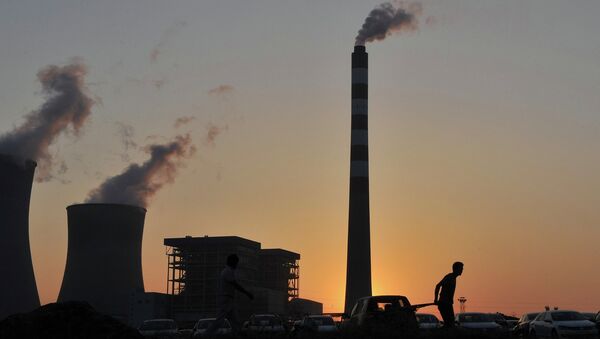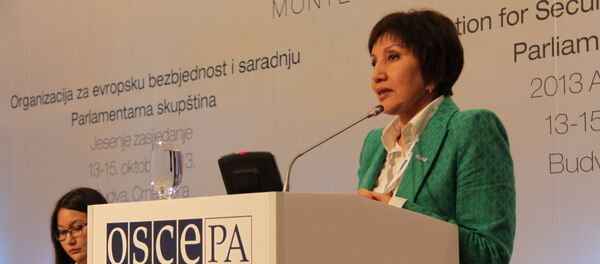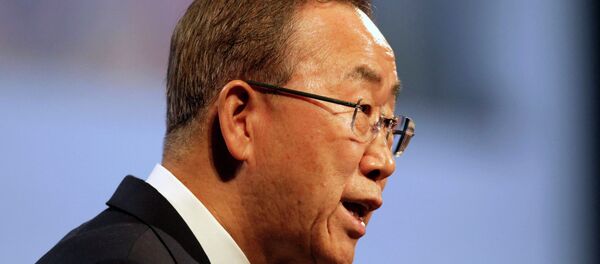“Say Paris could not deliver, who would believe the UN process would have credibility after that? That is what [we need] to make leaders understand – it’s now,” Hedegaard told The Guardian, warning that Paris was a last chance for a global agreement to be made.
The United Nations Climate Change Conference will take place in Paris in December 2015. It is expected that countries will agree on a global legally binding climate change agreement.
“2030 is a very late peak year for China … It is not certain how the US will deliver the 2025 targets – one year after Paris, Obama will be out of office,” Hedegaard told the newspaper, while urging India to also reconsider the country’s strategy in regards to carbon emissions.
The United States promised to cut emissions by 26-28 percent, compared with 2005 levels, by 2025 in joint efforts with China which pledged a 20 percent increase in zero-carbon energy by 2030. The EU has set a target of cutting carbon emissions 20 percent by 2020, aiming to shift to a low-carbon economy.
According to a recent UN report, governments must restrict emissions of greenhouse gases by 40 to 70 percent by 2050 and by 100 percent by 2100 to prevent irreparable harm to the environment.
In the latest Lima climate conference in Peru, countries agreed on a framework to hand in their pledges on emission cuts before next year’s Paris conference, leaving a window of opportunity for the success of the upcoming summit.



